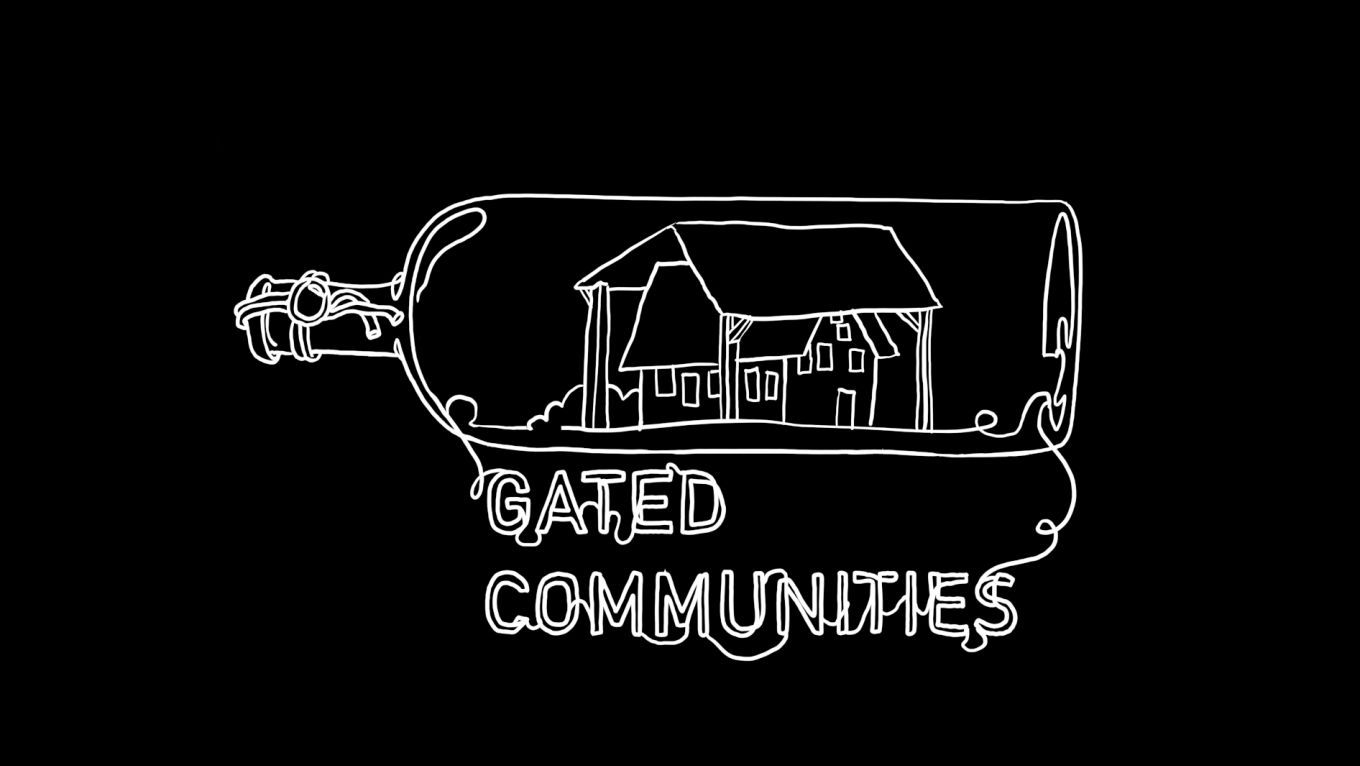Ethics, Society & Politics
Predicting Crime in a Big Data World
Yearly, the world is inundated with news about government data collection programs. In addition to these programs, governments collect data from third party sources to gather information about individuals. This data in conjunction with machine learning aids governments in determining where crime will be committed and who has committed a crime. Could this data serve as a method by which governments predict whether or not the individual will commit a crime? This talk will examine the use of big data in the context of predictive policing. Specifically, how does the data collected inform suspicion about a particular individual? In the context of U.S. law, can big data alone establish reasonable suspicion or should it just factor into the totality of the circumstances? How do we mitigate the biases that might exist in large data sets?
This talk will examine the current big data programs utilized by governments and police departments around the world and discuss how they factor into individualized suspicion of persons. Can big data sets with the proper algorithm effectively predict who will commit a crime? What are the appropriate margins of error (if any at all)? I will discuss the use of algorithms on big data sets to predict both where crime will occur and who might commit it.
Additionally, I will discuss the types of data that exists in these databases and compare several different ways in which computer algorithms are used on big data sets to predict something about a particular individual. Should predictive policing algorithms more closely resemble those used to predict disease from DNA samples or those used in the clearance process? Should they be used at all?
Additional information
| Type | lecture |
|---|---|
| Language | English |
More sessions
| 12/27/15 |
FOSS and hacker culture meeting the EU buereaucracy. What can possibly come out of that? We'll discuss what is involved for FOSS projects and other interested parties to get $$$ funding by the European Union. Hackers deal with rule systems and their execution. And the European Union issues a lot of rules which are executed by the "commission" and its employees. Within the Horizon2020 framework programme 80.000.000.000 Euros will be distributed towards research projects across Europe between ...
|
| 12/27/15 |
In recent years, NGOs have been struggling to defend civil rights in Brussels. As human rights defenders, it is part of our job to detect failures in the EU’s digital policy-making. But we rarely have the opportunity to explore the underlying reasons and to debug Europe’s kernel package.
|
| 12/27/15 |
Im März 2014 wurde der NSA-Untersuchungsausschuss im Bundestag eingesetzt, der die Verwicklungen um die deutschen Geheimdienste aufklären soll. Ein Rück- und Ausblick: Was wissen wir heute, was erwartet uns noch?
|
| 12/27/15 |
Analysis of the emission scandal shaking the German automotive industry from a procedural, organizational and technical level. Includes insight into cheating for advanced managers and code extraction from ECUs from Ebay. And from Volkswagen. Initially.
|
| 12/27/15 |
Angae means "Fog" in Korean. The term is widely used in parts of custom code used by the Red Star OS. We will lift the fog on the internals of North Korea's operating system. Our talk will provide information about how privacy is invaded for all users of Red Star OS and how an operating system designed by a totalitarian dictatorship works.
|
| 12/28/15 |
Die ASYL-DIALOGE erzählen von Begegnungen, die Menschen verändern, von gemeinsamen Kämpfen in unerwarteten Momenten – eine dieser Geschichten spielt in Osnabrück, wo seit März 2014 ein breites Bündnis solidarischer Menschen bereits 37 Abschiebungen verhindern konnte und somit für viele bundesweit zum Vorbild wurde...
|
| 12/28/15 |
The techniques to control access to the Internet, and the ability to bring transparency to those processes are both continuing to evolve. We’ll give an update on the landscape of online information controls, and our ability to measure them.
|

